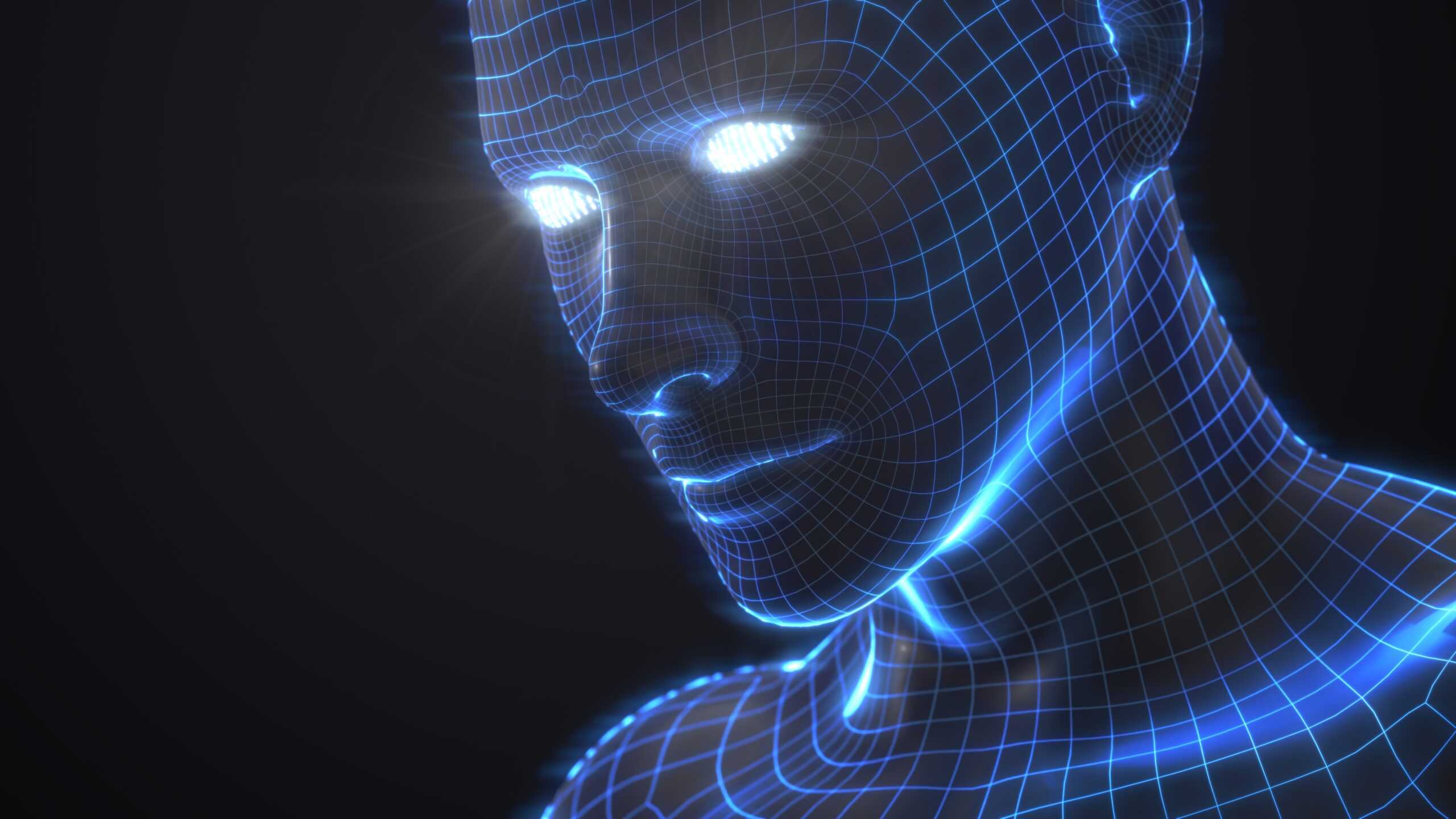Recent rulings highlight that even for AI-generated inventions, a human must be recognized as the inventor.
According to the Federal Court of Justice in Germany, the key requirement is determining who influenced the invention’s creation, no matter the type of influence. This person need not provide a creative contribution; rather, they just need to significantly contribute to the generation of the invention.
For instance, if someone presents a problem for an AI system to solve, and the AI then creates an invention, the person who posed the problem is ascribed as the inventor. This ensures that a patent application can be filed with this individual named, adhering to the legal stipulations.
Human Contribution Exists, Its Nature is Irrelevant
Patent laws stress that human involvement in an invention is necessary. This influence could be direct or indirect, technical or managerial.
Whether it’s inputting parameters into the AI, setting objectives, or simply guiding the AI processes, the different kinds of human activities are all regarded equally.
For example, in cases where AI acts as a neural network, a vector machine, or through algorithmic processing, the person who operates, directs, or benefits from these mechanisms will still be seen as having made a notable contribution. This viewpoint underscores that collaboration between humans and AI in technological development is expected and valid.
In the U.S., patent eligibility for AI-assisted inventions is also recognized, provided a natural person contributes significantly.
The U.S. standard emphasizes the creative process of the invention, specifically the steps of conception and reduction to practice. This definition aligns with the idea that innovations typically stem from collaborative human-machine effort.
For Fully AI-Created Inventions, Only Germany Currently Allows Patent Protection in Europe
Germany stands out in Europe for allowing patent protection for inventions created solely by AI, where human contribution may be limited to merely prompting the machine.
This advanced stance could set a precedent for other countries in Europe to follow if properly motivated by relevant applications.
Companies filing patents must clearly document any human contributions to ensure eligibility.
While other European nations and the U.S. haven’t fully embraced this notion, the dynamic nature of patent laws suggests potential for change.
Germany’s decision might influence future legal frameworks, promoting patents for AI-generated inventions as per contemporary global agreements like Article 7 of the TRIPS agreement.
Companies should meticulously document the human roles in enabling AI capabilities to build a compelling case for such patent filings internationally.
This strategic documentation is vital for harmonizing AI’s role in innovation with existing legal requirements globally.









